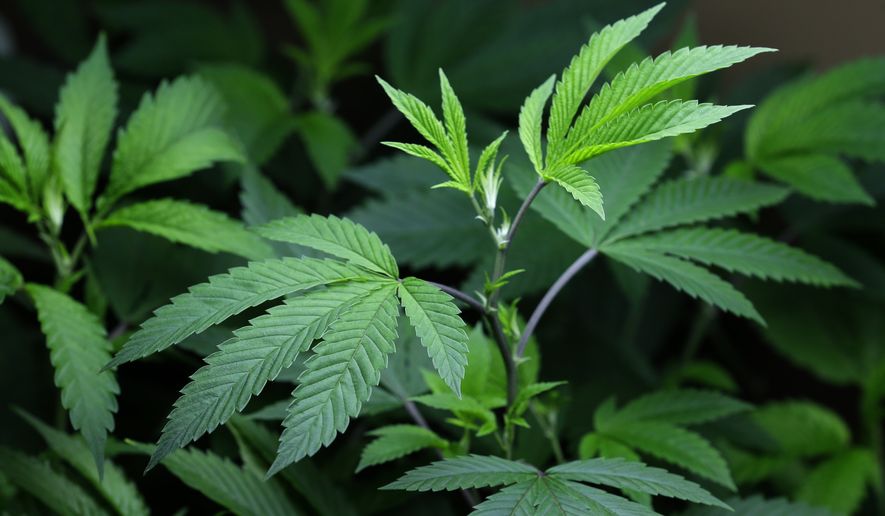NUCA of DC In the News!
Reprinted from the Washington Times
D.C. Council hears comments on marijuana allowance for workers
Bills weigh medical pot discrimination, job seeker testing
A representative for building contractors stressed Wednesday the importance of drug testing in her industry during a D.C. Council hearing on legislation that would bar local businesses from testing job applicants who use medical marijuana.
“We absolutely cannot risk a person working who might be impaired if they are working on our natural gas lines, if they are working on clean drinking water,” Debora Harvey, executive director of the National Utility Contractors Association D.C. chapter, told the Labor and Workforce Development Committee.
The committee took comments from marijuana policy advocates, Advisory Neighborhood Commissioners and business officials in a public hearing on two pieces of legislation dealing with how employers treat workers who use medical and recreational marijuana.
“What is permissible when it comes to marijuana use in our city is not straightforward,” council member Elissa Silverman, at-large independent and committee chair, said at the start of the hearing. “It is easy to be confused by what is allowable and what isn’t. It’s especially confusing for employers and employees.”
Council member David Grosso, at-large independent, has introduced a bill that would prohibit the city government from discriminating in hiring medical marijuana users. The Medical Marijuana Program Patient Employment Protection Amendment Act of 2019 includes jobs considered safety sensitive, unlike a similar emergency bill the council voted on earlier this year.
Council member Trayon White, Ward 8 Democrat, has introduced the Prohibition of Marijuana Testing Act of 2019, which would prohibit businesses from using marijuana testing as a condition of employment. It does not include safety sensitive positions, such as police officers, persons in charge of care of children or jobs that require commercial driver’s license.
“Currently our job-seeking residents are exercising their legal rights to use marijuana, but they are punished by not being able to find employment,” Mr. White said.
D.C. measures legalizing medical marijuana went into effect in 2011 and recreational marijuana in 2015. The drug is still outlawed by the federal government.
“Our thinking on marijuana from a criminal justice perspective has evolved, but our thinking on marijuana from an employment perspective is stuck in the last century,” Mr. Grosso said, noting that employment drug policies often affect blacks and working-class people but the leaders of businesses and organizations.
Marijuana policy advocates said safety sensitive positions should be included in the prohibition against drug testing. They noted that marijuana testing does not indicate the level of cognitive impairment and that medical marijuana users often develop a tolerance to the side effects of THC, the psychoactive ingredient in pot.
“Drug testing doesn’t meet any of the goals folks are drug testing for in the first place,” said Queen Adesuyi, a policy coordinator at the Drug Policy Alliance’s Office of National Affairs.
But Jim Greer, chairman of the National Drug and Alcohol Screen Association, said that workplaces have a right to declare themselves “drug free” and that insurance companies require marijuana testing for benefits such as worker’s compensation and offer insurance benefits for the drug-free designation.
“Why must employers, after publicly advertising through signage, disclaimers on employment applications and other educational programs, be required by the government to accept conduct that violates the employers ability to manage and control their business?” Mr. Greer said.
Kings Floyd is chair of the D.C. chapter of ADAPT, a national group of disability rights activists. She said that medical marijuana has helped her with her own mental and physical disabilities.
“We are not placing the mindful consumption with people with disabilities, specifically who have managed their medication time and time again, and it prevents us from actively applying to jobs within the District of Columbia for fear of retaliation with both disability stigmas and medical marijuana stigmas,” Ms. Floyd said.
The committee is accepting comment on both bills through Oct. 9

